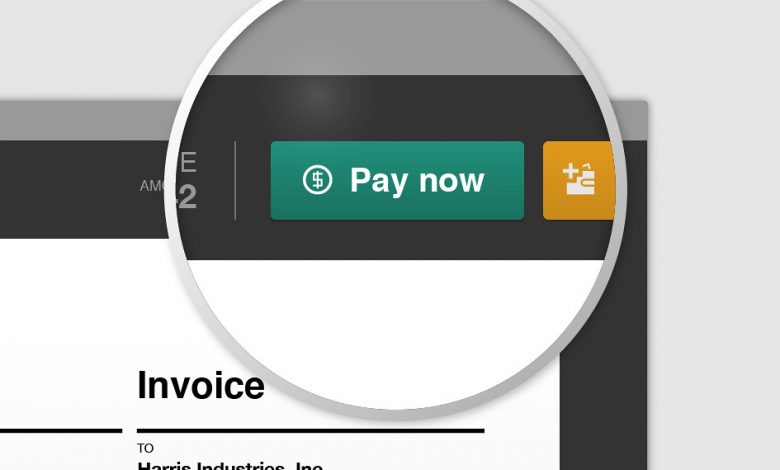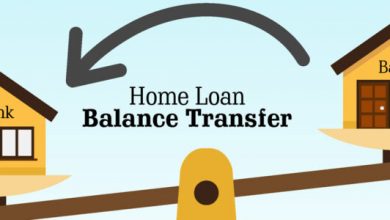Everything About Single Invoice Financing in Business

Invoice financing is an old method of immediate funding for business ventures. They say that the concept of invoice factoring is as old as the Mesopotamia civilization.
The idea has gone through an evolution and now presents many options to cater to specific company needs. These include payroll factoring, spot factoring, contract factoring (high volume factoring).
This article focuses on the concept of spot factoring. What it will cover;
- Definition of spot factoring
- How it works
- Benefits and Limitations
- How it differs from high-volume factoring
- Ways to determine if it’s the right funding option
Definition of Spot Factoring
Spot factoring goes by few other names- single invoice factoring or single invoice financing. It is a type of invoice factoring where a business sells a single invoice to a factor to obtain cash flow. The transaction can happen one time or on an occasional basis. In this case, the invoice selected is usually a high-value one.
Some people confuse it with selective factoring, but technically they are different. Selective factoring falls in between spot and traditional factoring in that it involves selling more than one invoice from the company ledger. In high volume (traditional) factoring, the company enters a long-term contract to sell all or most of the invoices.
How it Works
The process of single invoice financing is similar to the traditional one. However, there are small differences in the agreement formation. The business does not enter a long-term contract with the factor since it is a one-time transaction.
Here is how it works;
- The business assigns a copy of one high-value invoice to a spot factoring company since most factors deal with traditional factoring.
- The factor verifies the debtor’s credit standing.
- He sends the business a portion of the invoice amount according to the terms of engagement. It can be anywhere between 80 to 90 percent.
- Once the customer clears the debt, the factor sends the remaining amount to the business owner less the discounting fee.
Benefits and Limitations
Businesses do enjoy a few advantages of selling one invoice at a time like;
One benefit of Single invoice factoring is the flexibility it offers. The business decides the invoice to sell.
The business also doesn’t have to enter into a long-term contract. The arrangement makes it suitable for companies that would like to try out factoring as a funding option.
It is an easy way to access cash without getting into debt.
Single invoice factoring does not incur additional fees since the business only uses the service once.
On the other hand, this option can be limiting in the following ways;
When calculating the factoring fee per invoice, the rate is higher than when selling multiple invoices.
Discretion is not an option in the factoring business. The customers usually receive notification of the arrangement between the business owner and the factor.
Though not always, spot factors prefer to follow up on the business clients for payment. An aspect that may not look good on the business owner.
Single invoice financing works best on large invoices.
How it Differs From Traditional Factoring
Although high volume factoring is more popular, spot factoring offers more flexibility for the business in terms of the agreement arrangement.
Businesses opting for single invoice financing will find that the number of service providers is limited. That’s because most factors prefer to deal in high volume invoice sales.
It attracts a higher discount fee than traditional factoring. But, there are few or no pesky additional charges.
Ways to Determine If It’s The Right Funding Option
Given the differences between the two types of invoice funding, how do you decide which option fits the business needs?
These are a few questions to ask.
Is control over the invoices an essential part of the business?
If the answer is yes, then it is better to sell single invoices at a time than relinquishing all of them to the factor.
What is the nature of issues that interrupt cash flow in the business?
Some businesses run into cash flow problems more often than others due to many defaulters. In this case, high volume factoring is the best bet.
Is the prospect of a long-term commitment to a factor appealing?
High volume factoring demands signing an ongoing contract for a long time. Business owners that need a flexible schedule should consider spot factoring.
Final Words
Spot factoring is not for every type of business. The nature of how and when to use determines its viability as a funding source. So, always keep this in mind.






